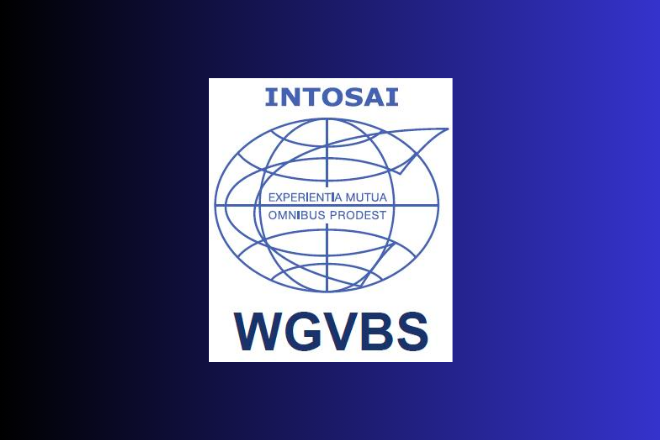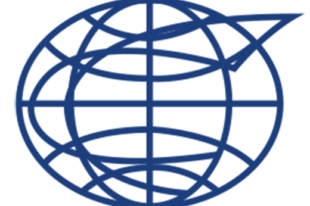Making a Great Impact on Government and Citizens: Audit Methodologies and the Working Group on Value and Benefits of SAIs (WGVBS)

By Mr. David Rogelio Colmenares Páramo, Auditor General of the Supreme Audit Institution of Mexico (ASF)

In order to face the challenges of developing new strategies for public governance, it is a sine qua non requirement to work with efficiency and the citizen trust. To achieve this, the Supreme Audit Institutions (SAIs) are indispensable to ensure government transparency and accountability, which helps to maintain a financial discipline, and fight against corruption and impunity.
Having an adequate audit methodology becomes essential to achieve this purpose, it allows to improve trust and transparency for evaluating the proper use of public resources and expose irregularities. Also, it helps to prevent fraudulent practices and corruption, which makes possible to guarantee a honest use of public funds. Furthermore, its recommendations allow to optimize government policies and programs, which impacts on public services being carried out optimally by improving services; and, in consequence, the citizen confidence in government institutions is strengthened.
To achieve this, the Financial Audit Principles (ISSAI 200), the Performance Audit Principles (ISSAI 300) and the Compliance Audit Principles (ISSAI 400), and its methodologies, play an important role in meeting these goals. The financial audits make possible to assess the conformity of financial statements and ensure regulatory compliance. These audits are essential to obtain the accuracy of financial statements, strengthening confidence in financial management, ensuring accurate and transparent information on the use of public resources and regulatory compliance.
On the other hand, compliance audits seek to promote transparency and ethical behavior, prevent fraud and corruption, and promote inclusion and compliance with standards. These audits add value to citizen transparency by ensuring that rules and regulations are met. Audits also encourage ethical behaviour, which benefits citizens by enabling them to hold government officials accountable and improve accountability mechanisms through transparency in governments.
Finally, we can highlight that performance audits allow to optimize government performance, by promoting accountability and improving service delivery. By doing so, it is possible to focus the government’s attention on areas with potential for improvement, which helps to build constructive recommendations for the audited entities to optimize their performance and efficiency. This allows for the achievement of the effective use of public resources, and for addressing fundamental aspects for society in social and economic areas, since it allows analyzing how vulnerable groups are served in government decisions and policies.
The International Organization of Supreme Audit Institutions (INTOSAI) has fought to defend the value and benefit of SAIs for all the positive aspects they represent for citizens and their indisputable value for good governance. Thus, in the XIX INCOSAI, held in 2007 in Mexico City, it was agreed to create the Working Group on the Value and Benefits of SAIs (WGVBS) with the aim of developing a framework and measurement tools for defining the value and benefits of SAIs. Later, in XX INCOSAI, the working group completed the first phase of its work, which was to define a framework for communicating and promoting the value and benefits of SAIs. The framework establishes the value and benefits of SAIs from two perspectives: First, to be recognised as an institution that makes a difference to the lives of citizens, and second, to be recognised as an independent model organisation.
The INTOSAI – P 12, endorsed by the XXI INCOSAI, held in China in 2013, and formerly known as ISSAI 12, was constructed around the fundamental expectation of SAIs making a difference to the lives of citizens. The extent to which a SAI can make a difference to the lives of citizens depends on the SAI: Strengthening the accountability, transparency and integrity of government and public sector entities; demonstrating ongoing relevance to citizens Parliament and other stakeholders; and being a model organisation through leading by example.
From the WGVBS, we are working to conclude with different projects that are developing, for example, the update of the document Communicating and Promoting the Value and Benefits of SAIs: An INTOSAI Guideline; a Paper on a Risk-Assessment Framework for SAIs to Incorporate Relevant SDGs-Related Programs in their Annual Audit Plans, among others. Therefore, we will fight and seek to meet the objectives of this group from the secretariat that presides the SAI of Mexico.
We would like to celebrate the leadership that the SAI of the USA has made in the International Journal of Government Auditing (IJGA). So, we consider very beneficial that the issue of its journal focuses on the Audit Methodologies and the Value and Benefits of SAI. We have no doubt that the content of this edition will contribute to achieving this objective and state of the art in this field. Congratulations!





